The pilot project E-waste Compensation as an International Financing Mechanism in Nigeria was initiated by the PREVENT Waste Alliance as a practical example of innovative and scalable solutions for building a circular economy. As a platform for knowledge exchange and international cooperation, it brings together organisations from the private sector, academia, civil society and public institutions along global value chains. The PREVENT Secretariat is managed by GIZ. The PREVENT Waste Alliance was launched by the German Federal Ministry for Economic Cooperation and Development (BMZ).
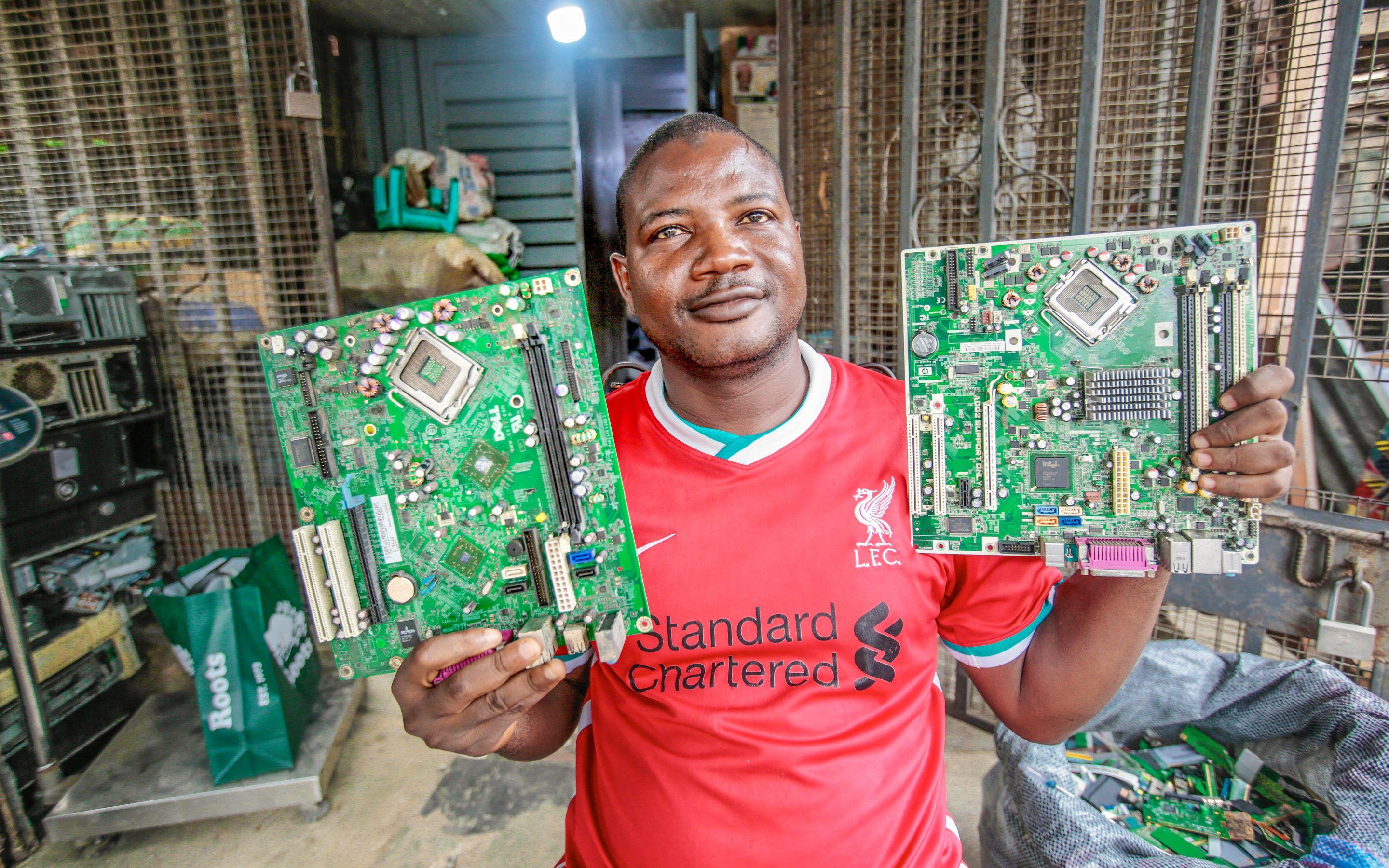
Taking recycling to another level
A pilot project on e-waste in Nigeria is demonstrating how the recycling industry in Africa can be driven forward while protecting the workers that dismantle discarded devices. A visit to the megacity of Lagos.
Boxes of electronic devices are piled up in Iliya Abba’s warehouse. The 32-year-old set up a small business directly opposite Computer Village. This is the go-to place to buy laptops, PCs and monitors in Nigeria’s megacity of Lagos, which has an estimated population of 20 million people. Abba’s goods have reached the end of their life cycle, but they are still valuable to the young Nigerian, because he is a middleman for laptops and screens that can no longer be repaired.
Usually they are ‘broken apart’, as they say colloquially in Nigeria, so that any recyclables can be resold individually. Abba also did this for a long time, he says, even though this work comes with significant health risks. Hardly any of the casual workers have professional tools, so they often suffer serious cuts from the sharp edges of the materials they dismantle. In addition, e-waste workers and their families can come into contact with around 1,000 harmful substances, according to a study by the World Health Organization.
Today, Iliya Abba runs a professional small business and has embarked on a new path. The fact that he now sells the devices as complete items is down to Oluwatobi Adegun. He runs an organisation called Verde Impacto, and they partner with the company Closing the Loop. The Deutsche Gesellschaft für Internationale Zusammenarbeit (GIZ) GmbH launched a pilot project at the beginning of 2021 with Closing the Loop, based in the Netherlands, and other partners with the aim of boosting the circular economy in Nigeria.
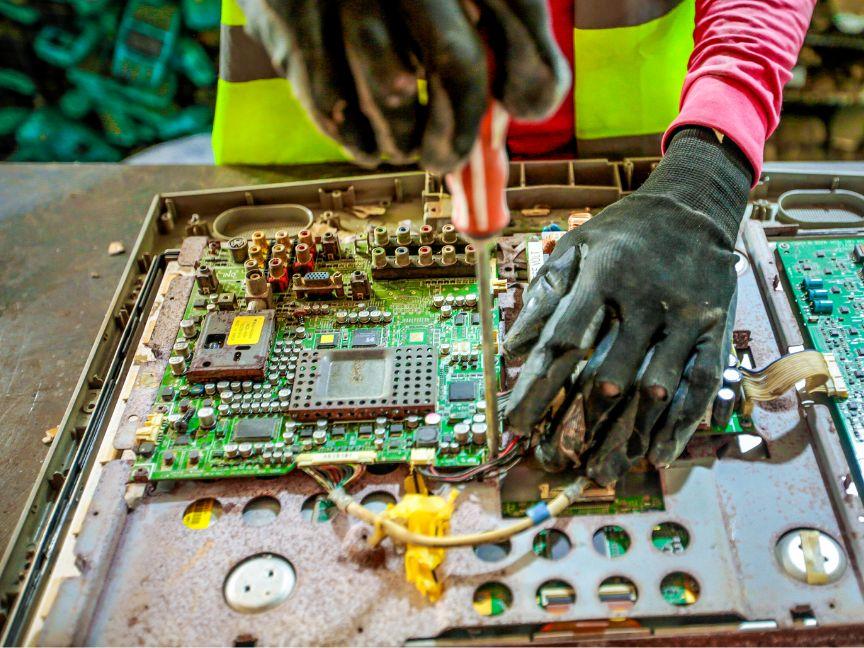
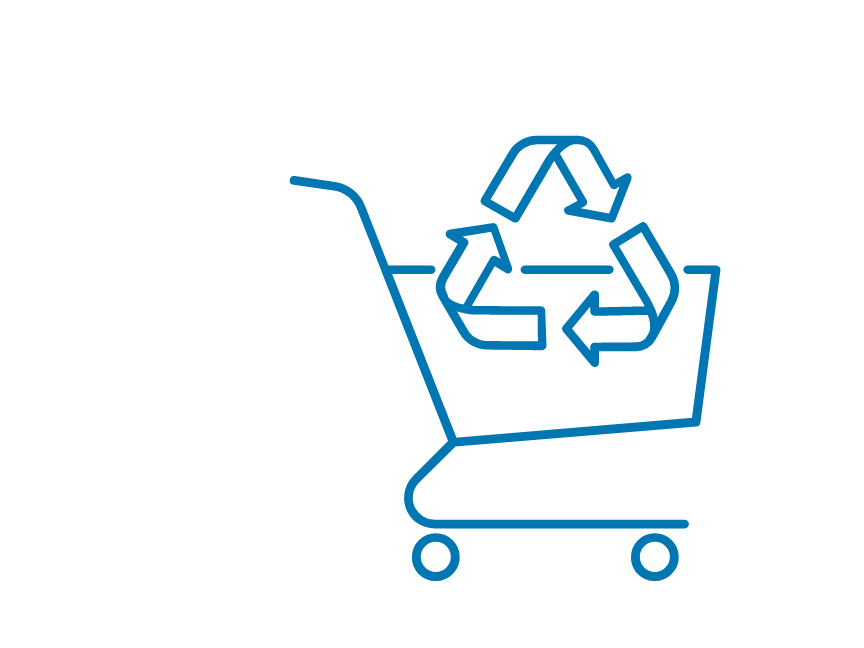
Hand in hand with partners
The pilot project on e-waste in Nigeria works with five partner organisations:
- the Dutch company Closing the Loop,
- the Institute for Applied Ecology in Germany,
- the Nigerian company Hinckley Recycling,
- the environmental think tank SRADev Nigeria,
- and Verde Impacto – an organisation that empowers informal scrap workers in Nigeria.
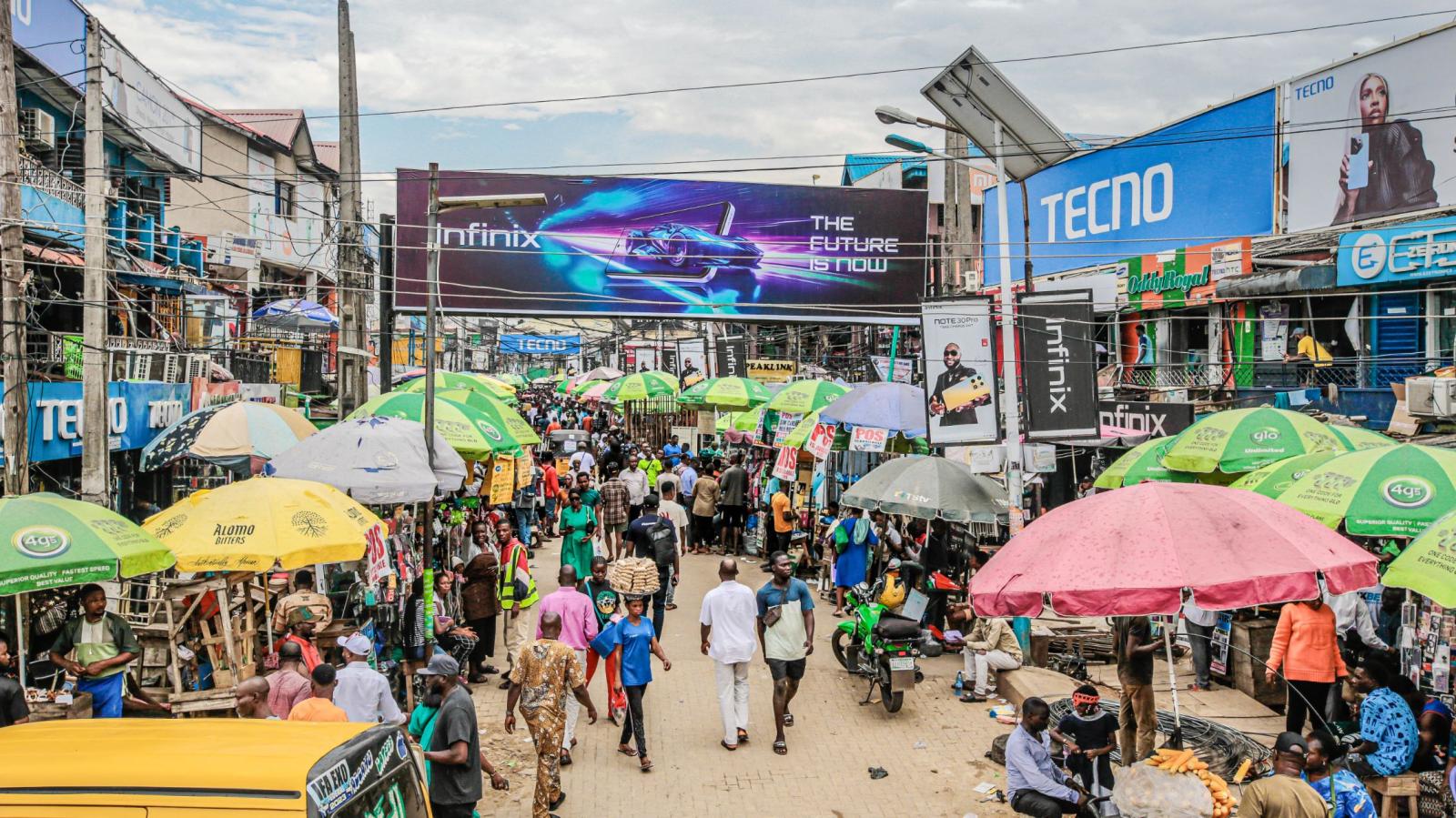
Collectors and traders in e-waste in Nigeria need to be paid adequately to make selling unusable devices to recycling companies worth their while. And recycling companies, in turn, need to be paid for recycling and, above all, correctly managing harmful substances.
For this reason, Closing the Loop uses the principle of voluntary e-waste compensation. This ties the purchase of a new electronic device to the responsible recycling of a corresponding volume of electronic waste in the Global South. Essentially, the idea is to add one to the market and recycle one. Companies – for example manufacturers or retailers – can take an additional amount into account when selling a PC, laptop or smartphone. ‘An additional funding stream like this makes proper recycling feasible even in Lagos,’ says Andreas Manhart of the Institute for Applied Ecology in an interview with akzente. The renowned institute carried out evaluation studies for the pilot project in Nigeria.
Back to Lagos. Oluwatobi Adegun from Verde Impacto put a great deal of effort into convincing Iliya Abba to sell monitors and televisions on to a specialist company rather than dismantling them himself. The two men met years ago when Adegun was a computer science student and regularly visited Computer Village to learn more about electronic waste and recycling possibilities. The contacts they made back then are now paying off.
Adegun believes that correct recycling has two major benefits: it improves conditions for workers in the informal sector and it protects the environment. ‘Previously, everything that could no longer be used ended up at landfill sites or was thrown away somewhere. Some of it was burned.’ This pollutes the air and the soil and harms the climate.
Iliya Abba’s monitors, on the other hand, are all taken to Nigerian company Hinckley, a recycling company specialising in electronic waste. It is located at the other end of Lagos in the Lekki district, about 70 kilometres from Computer Village. ‘We receive devices that can no longer be repaired,’ says Israel Olagunju, who is responsible for research and production supervision.
Olagunju leads us through a large hall. First, all the devices are weighed and measured. The staff then place them on a long workbench situated between the entrance gates. There, four men dismantle the devices into component parts. They start by loosening the screws on the plastic casing. Little by little, the inner workings of the televisions and PC screens are revealed. They remove the circuit boards, speakers, cables, bulbs and metals. The parts are all placed on different piles. Here, everyone wears proper work clothes and gloves. For the two women who operate the shredder that crushes the plastic covers, protective goggles are also compulsory.
Mohammed Umar is part of the Hinckley team. He has been working for the company for five years. He dismantles televisions, monitors and speakers: ‘It’s all very quick,’ he says and points to the parts he has already dismantled today. Umar is happy to have this steady job. In Lagos, this is not something that can be taken for granted. But Mohammed Umar is sure that the recycling industry is a growing labour market.
His boss Olagunju stops and points to the acrylic glass that was once part of a television. This is also valuable, like the many other components of the monitors and televisions that go back into the raw material cycle. The Plexiglass has a very special future: some sheets have even been used to make casings for solar-powered lamps. This is a sustainable way to turn old scrap into new things – and it is all ‘made in Nigeria’.
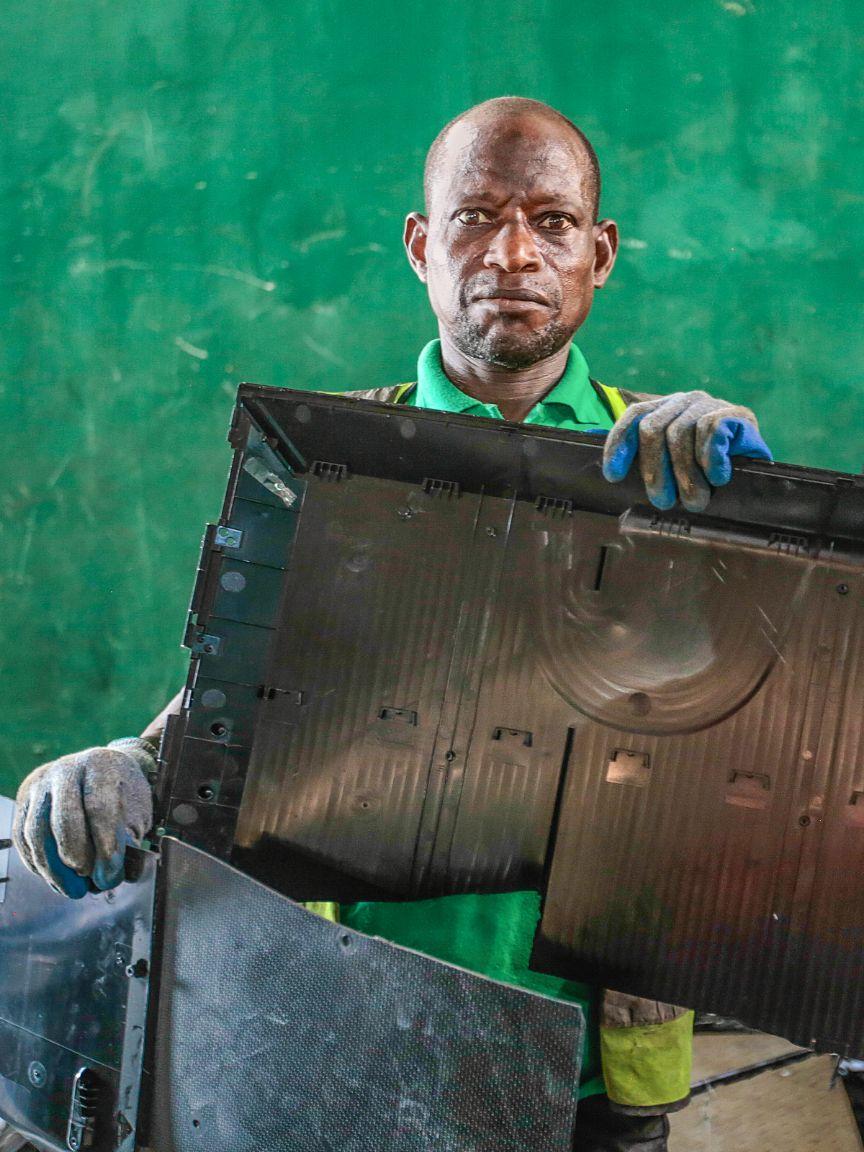
Mohammed Umar is part of Hinckley's recycling team.
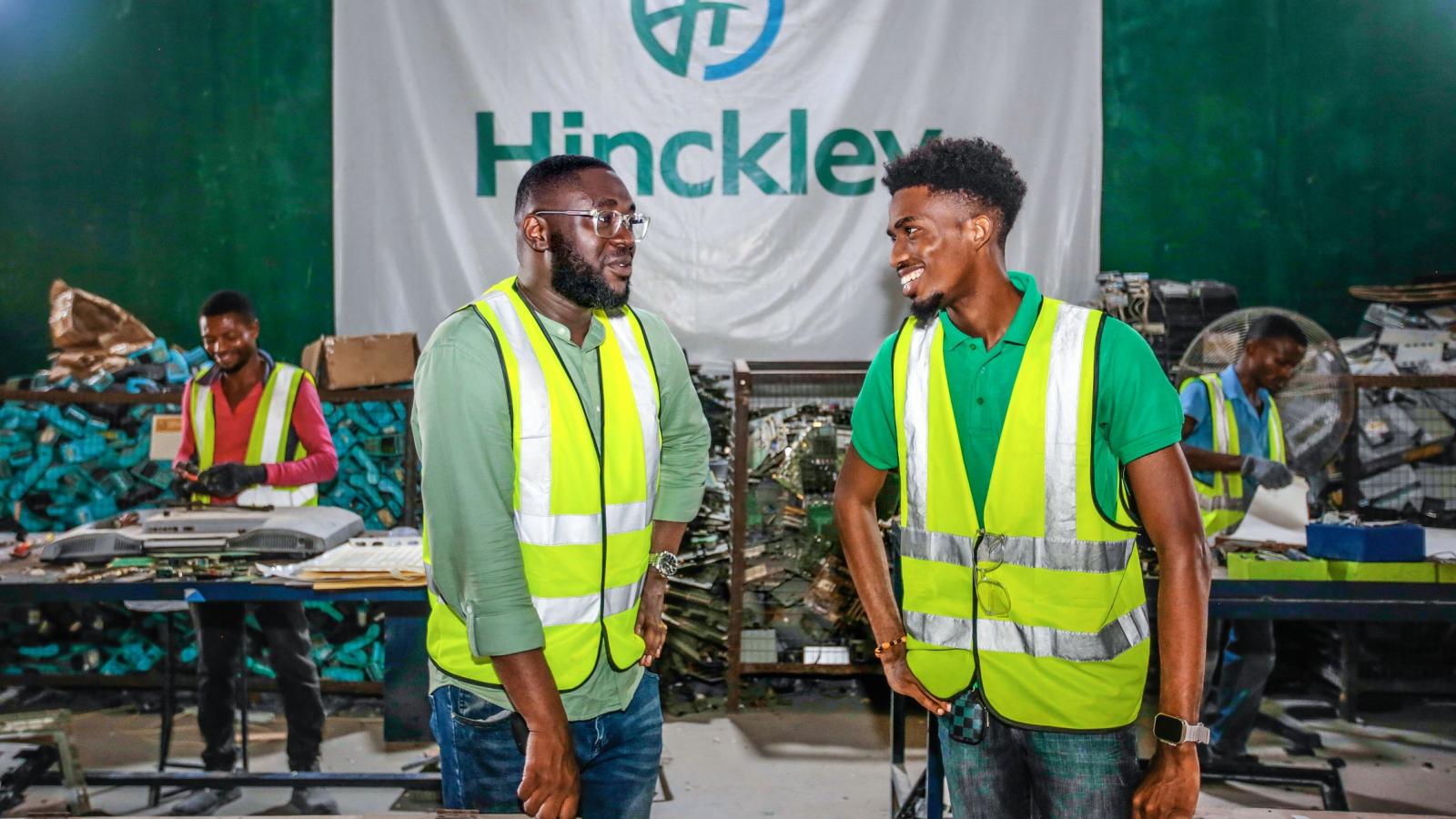
Working well together: Oluwatobi Adegun of Verde Impacto and Israel Olagunju of Hinckley.
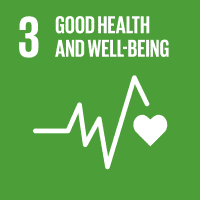
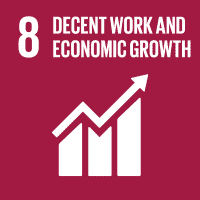
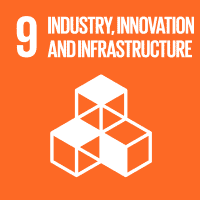
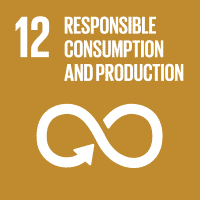
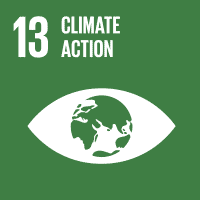
More on the topic: